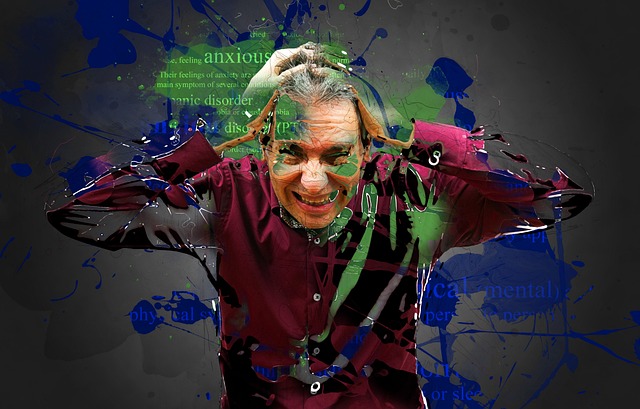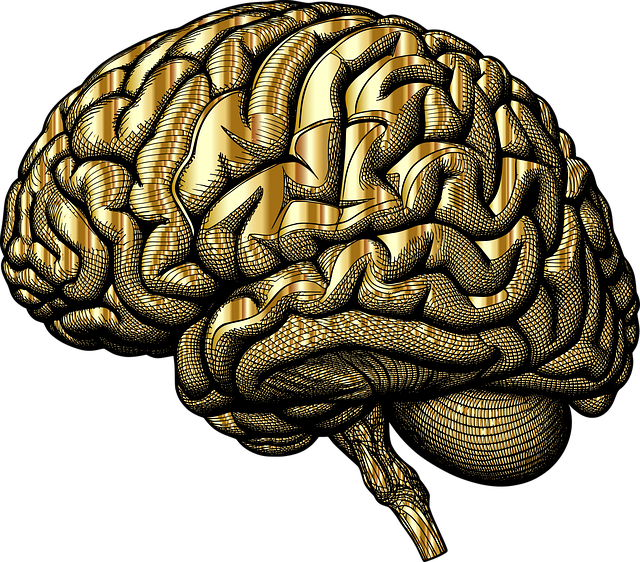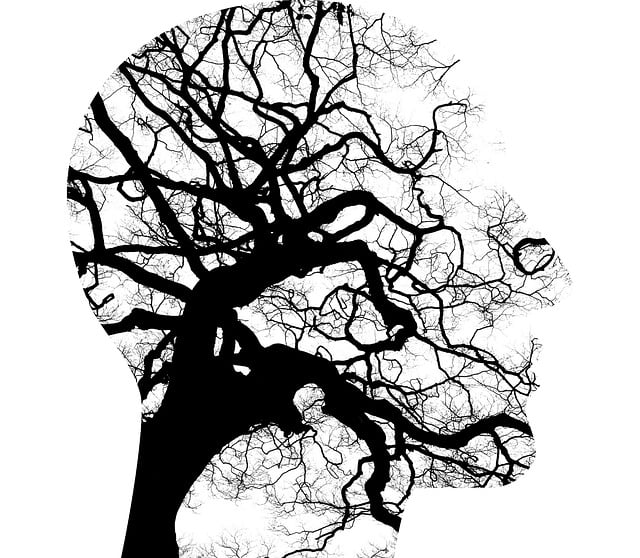Loss, grief, and bereavement significantly impact an individual's well-being, requiring specialized support. Lone Tree Suicide Prevention Therapy offers evidence-based counseling, incorporating CBT, mindfulness, and self-care techniques to foster healing and resilience following profound loss. This holistic approach helps clients manage intense emotions, build emotional intelligence, and develop coping strategies for both short-term recovery and long-term mental health. Caregivers can also access tailored programs to navigate grief support while enhancing their own resilience through similar strategies.
Grief and bereavement are complex emotional journeys often misunderstood. When loss hits, it can profoundly impact mental health, leaving individuals searching for support. This article offers a comprehensive guide through the intricate landscape of grief, focusing on effective counseling techniques to navigate this challenging period. We explore the profound role of Lone Tree Suicide Prevention Therapy in distressing cases, along with strategies for caregivers to provide compassionate support. Understanding loss, recognizing signs, and accessing resources are key steps towards healing.
- Understanding Loss, Grief, and Bereavement: A Comprehensive Overview
- The Impact of Loss on Mental Health: Recognizing the Signs
- Lone Tree Suicide Prevention Therapy: A Lifeline for Those in Distress
- Counseling Techniques to Navigate Grief and Bereavement
- Supporting Loved Ones: Resources and Strategies for Caregivers
Understanding Loss, Grief, and Bereavement: A Comprehensive Overview

Loss, grief, and bereavement are complex emotions that can significantly impact an individual’s well-being and daily functioning. Understanding these concepts is the first step towards healing and recovery. Loss refers to the absence or departure of something cherished, such as a loved one, relationship, job, or health. It’s a universal experience that can evoke profound emotional reactions.
Grief, on the other hand, is the process through which individuals cope with loss. It involves a range of intense emotions, including sadness, anger, guilt, and loneliness. Bereavement refers to the state of being grief-stricken, typically following the death of a close relative or friend. Recognizing the unique nature of each individual’s experience is crucial in providing effective support. Lone Tree Suicide Prevention Therapy offers specialized counseling services to help individuals navigate these challenging phases, incorporating valuable tools like conflict resolution techniques, mood management strategies, and empathy building to foster healing and resilience.
The Impact of Loss on Mental Health: Recognizing the Signs

The loss of a loved one can profoundly impact mental health, often leading to complex emotions and behaviors that may signal a need for professional support. Recognizing the signs is crucial in navigating this challenging period. Individuals experiencing grief may exhibit symptoms such as intense sadness, feelings of isolation, sleep disturbances, changes in appetite, and difficulty concentrating. These initial reactions are normal components of the grieving process; however, when these symptoms persist or worsen over time, they could indicate a deeper struggle.
For some, the impact of loss can manifest as anxiety relief momentarily followed by heightened distress later. Building resilience is essential during this time, as it equips individuals with the tools to cope effectively. Emotional intelligence plays a vital role in understanding and managing these complex feelings. Seeking support from Lone Tree Suicide Prevention Therapy or similar resources can be transformative, offering guidance on navigating grief while fostering healing and personal growth.
Lone Tree Suicide Prevention Therapy: A Lifeline for Those in Distress

In the face of profound loss and grief, individuals may find themselves navigating a labyrinthine journey where hope seems elusive. This is where Lone Tree Suicide Prevention Therapy steps in as a beacon of support, offering specialized care tailored to soothe the deepest of pains. The therapy focuses on empowering those affected by suicide or tragic losses, providing them with tools to overcome despair and cultivate resilience. Through evidence-based practices, therapists facilitate a safe space for clients to process their emotions, fostering a sense of understanding and acceptance.
Lone Tree Suicide Prevention Therapy goes beyond traditional counseling by integrating mindfulness meditation techniques, which have been shown to reduce symptoms of depression and anxiety. By promoting positive thinking and mental illness stigma reduction efforts, this approach enables individuals to break free from the cycle of negative thoughts that often accompany bereavement. The therapy encourages clients to embrace a holistic perspective, where self-care and emotional well-being are prioritized, ensuring they find strength in their vulnerability.
Counseling Techniques to Navigate Grief and Bereavement

Navigating grief and bereavement can be a complex process, but counseling offers valuable techniques to help individuals cope. At Lone Tree Suicide Prevention Therapy, therapists employ evidence-based approaches tailored to each person’s unique experience. Cognitive Behavioral Therapy (CBT) is often used to challenge negative thought patterns that can arise after loss, promoting healthier ways of processing emotions. This technique empowers clients to reframe their perspectives and develop adaptive coping strategies.
Additionally, therapists may incorporate Mindfulness-Based interventions to enhance self-awareness and acceptance. By focusing on the present moment, individuals learn to embrace their feelings without judgment. This practice fosters resilience and allows for a more profound understanding of grief. Incorporating Self-Care Practices into counseling encourages clients to prioritize their well-being, ensuring they have the tools to navigate this challenging period while also supporting their long-term mental health recovery through Community Outreach Program Implementation.
Supporting Loved Ones: Resources and Strategies for Caregivers

When a loved one experiences loss or grief, it can be incredibly challenging for caregivers to know how to provide adequate support.
Beyond offering their presence and listening ear, there are valuable resources and strategies available to enhance their ability to help. Lone Tree Suicide Prevention Therapy, for instance, offers specialized programs tailored to individuals dealing with suicidal thoughts or emotional distress stemming from grief. These services can equip caregivers with the knowledge and skills to navigate these complex situations effectively.
Integrating practices such as Mindfulness Meditation and Emotional Intelligence can also be empowering. Caregivers can learn techniques to manage their own stress and maintain a calm presence, which in turn allows them to offer more compassionate support. Additionally, boosting their own confidence through self-care strategies enables them to guide their loved ones through the grieving process with resilience and strength.
Grief and bereavement are profound experiences that can deeply impact an individual’s mental health. Understanding these processes, recognizing signs of distress, and accessing effective counseling techniques are essential steps towards healing. Lone Tree Suicide Prevention Therapy offers a vital lifeline for those grappling with loss, providing specialized support to navigate the complexities of grief. By combining comprehensive knowledge with practical strategies, this therapy empowers individuals and caregivers alike to find solace and rebuild their lives in the aftermath of loss.














